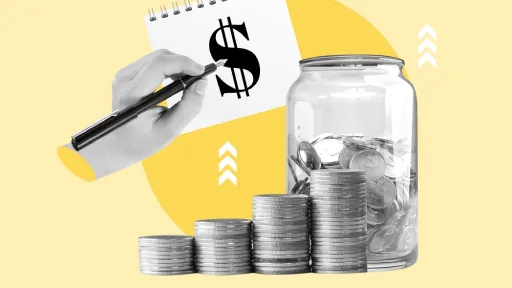Understanding how long does it take to increase credit score is crucial in today’s financial landscape where creditworthiness often dictates access to loans, better interest rates, and overall financial freedom. Whether you’re aiming to buy a home, lease a car, or improve your financial health, knowing the realistic timeframe for credit score improvement can help you plan and set achievable expectations.
How Long Does It Take to Increase Credit Score? Key Factors to Consider
There is no one-size-fits-all answer to the question of how long does it take to increase credit score. Credit scores are calculated based on various data points, and improvement timelines depend on individual circumstances. However, it’s important to understand what influences credit scores and how changes can make an impact over time.
Understanding Your Credit Score Components
Credit scores are typically based on several factors, each with different weights. Here’s a quick breakdown:
- Payment History (35%): Timely payments greatly affect your score.
- Credit Utilization (30%): The ratio of your credit card balances to your limits.
- Length of Credit History (15%): How long your accounts have been open.
- New Credit (10%): Recent credit inquiries and newly opened accounts.
- Credit Mix (10%): Variety of credit types like revolving credit and installment loans.
Why Time Matters in Credit Score Improvement
Credit scoring models need time to incorporate positive changes into your score. For example, even if you pay off your credit card balances today, your score won’t immediately reflect this. Lenders typically report to credit bureaus once a month, so updates can take 30 days or more to appear.
Realistic Timelines: How Long Does It Take to Increase Credit Score?
The timeline can vary widely depending on your starting point and efforts made. Below are general estimates based on common scenarios:
- Minor Improvements: Fixing small errors on your credit report can improve your score within 30 to 60 days.
- Paying Down Balances: Reducing credit utilization can boost your score in one or two billing cycles, typically about 30 to 60 days.
- Establishing Credit History: Building a new credit history from scratch can take 3 to 6 months to reflect meaningful improvements.
- Recovering from Negative Marks: Resolving late payments or collections may take 6 months to a year or more to significantly raise your score.
- Major Credit Rebuilding: If you have bankruptcies or severe derogatory marks, it can take several years to fully recover.
Strategies to Speed Up Your Credit Score Increase
Although time is a key component, these actions can help accelerate credit score improvement:
- Dispute Errors Promptly: Check your credit reports and dispute inaccuracies with credit bureaus.
- Make Payments on Time: Set up reminders or automatic payments to avoid missed payments.
- Reduce Credit Utilization: Aim for a utilization rate below 30%, and ideally below 10% for the best impact.
- Avoid Opening Too Many New Accounts: Limit credit inquiries by applying only when necessary.
- Keep Old Accounts Open: Length of credit history benefits your score.
Monitoring Progress and Staying Patient
Regularly monitoring your credit score allows you to see how your efforts are paying off. Many services offer free credit score updates monthly. Remember, improving your credit score is a marathon, not a sprint. Patience combined with consistent good habits will yield the best results.
Conclusion
How long does it take to increase credit score? The answer depends on your unique financial situation and the steps you take. Minor changes can reflect in as little as a month, while building or repairing credit may take several months to years. By understanding the factors involved and implementing smart credit behaviors, you can steadily improve your creditworthiness and secure better financial opportunities.


